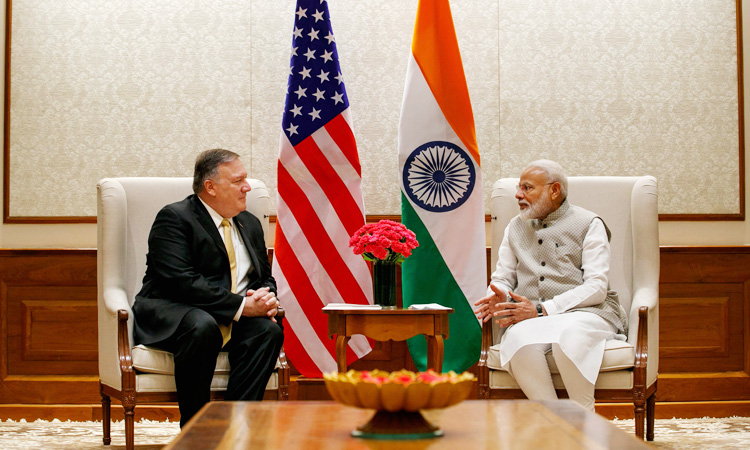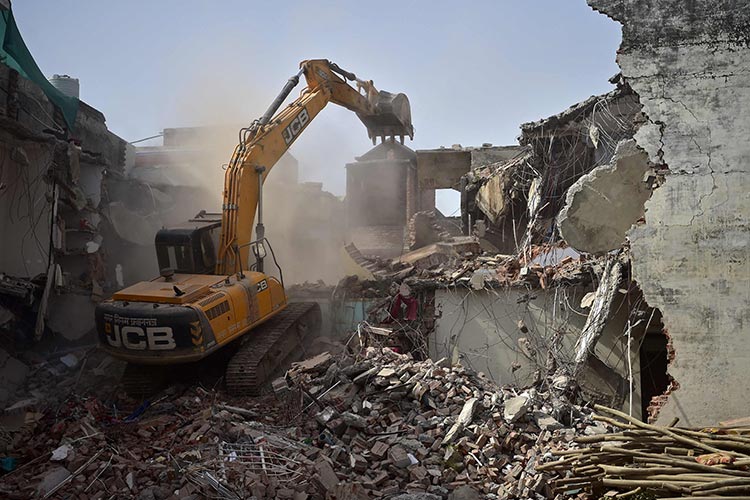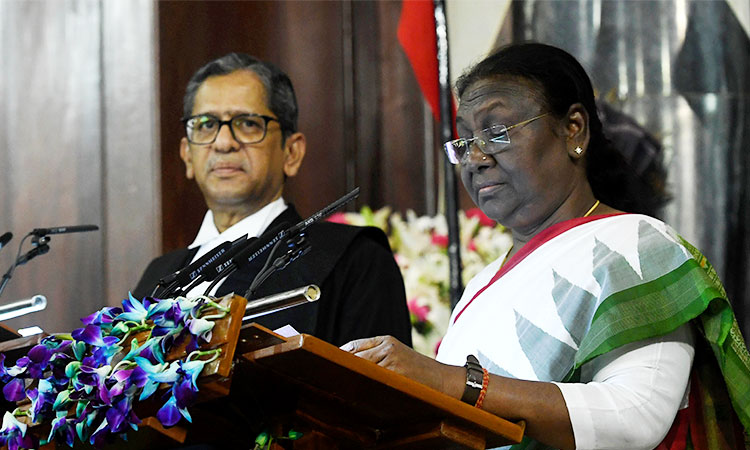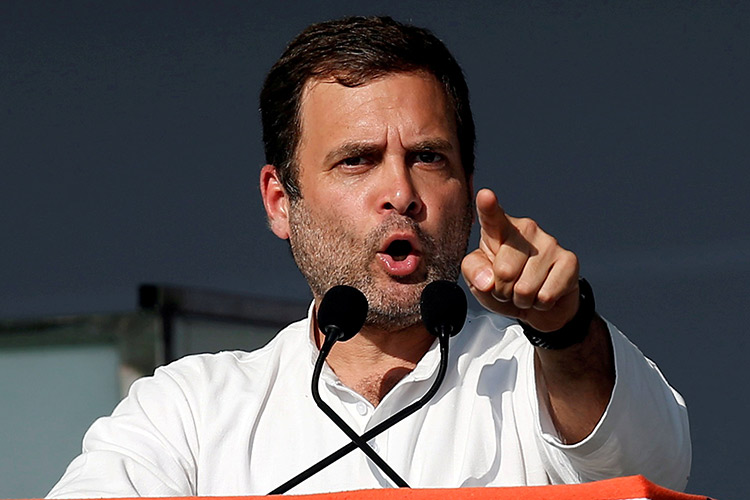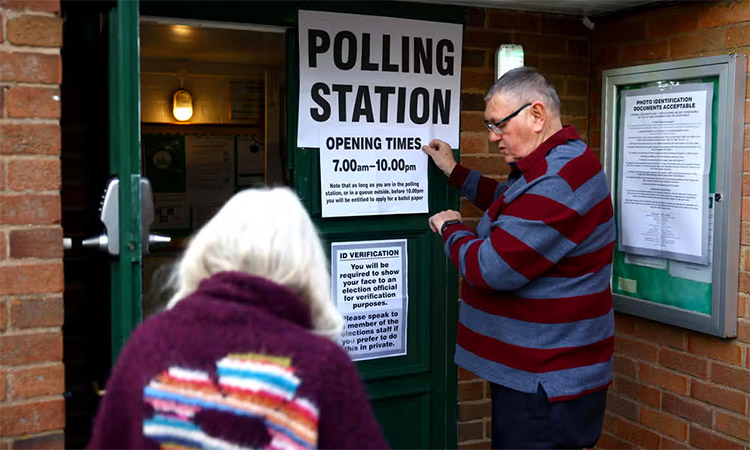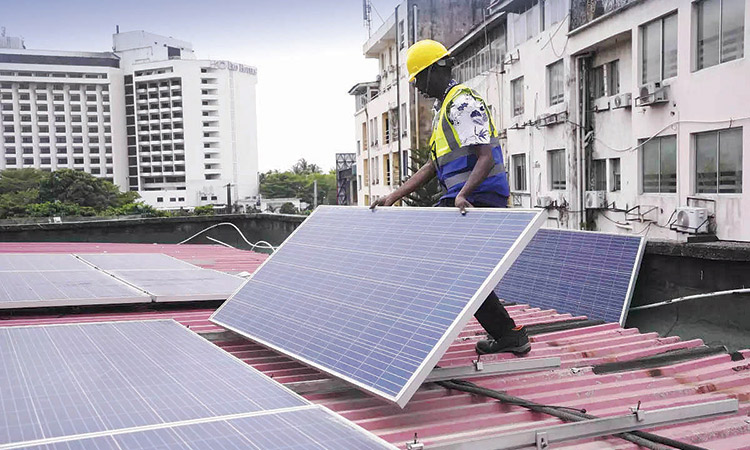Economy calls for creation of productive jobs

BRP Bhaskar
@brpbhaskarIndian journalist with over 50 years of newspaper, news agency and television experience.
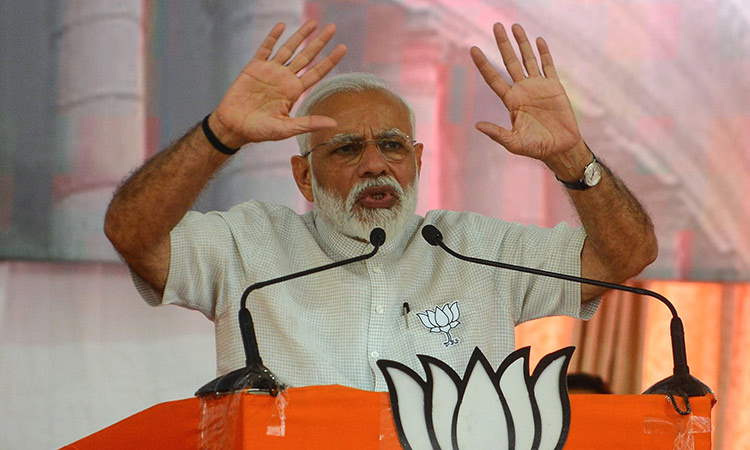
Narendra Modi
This was the first instalment of one million appointments to be made in Central departments and public sector undertakings in18 months under a new scheme of the Modi regime.
When Modi announced the scheme last June, critics linked it to his plan to seek a third successive mandate in the 2024 Lok Sabha elections. They have linked its formal launch to the Bharatiya Janata Party’s bid to retain power in the states of Gujarat and Uttarakhand, where Assembly elections are due shortly.
A party in power choosing a time favourable to it for launching a scheme is not unusual in a democracy. Modi cannot, therefore, be accused of doing something wrong. Considering the grim situation on the job front, the people may be inclined to say the sooner the better. But the million-job scheme has some serious weaknesses.
The appointments made last week under it were not to newly created posts but to fill vacancies in pre-existing posts. In other words, they do not address the issue of rising joblessness.
After Modi announced the scheme, the government had asked the Army, the Railways and its various departments for particulars of posts lying vacant. They reported a total of 886,000 vacancies. Most of the appointment letters Modi handed out on Saturday were to fill the vacancies they reported.
In the circumstances, the opposition is not wrong in characterising the job festival as farcical.
When the target of one million jobs is reached, there may not be more than 114,000 new ones. The rest of the appointments will be filling of vacancies.
Job creation is something worth celebrating. Filling of vacancies is not. It is a routine activity that goes on all the time without Prime Ministerial participation and official celebration.
There is an established procedure for filling vacancies that arise from time to time. This involves the departments reporting the vacancies and the government setting in motion the process of finding suitable candidates for the vacant posts.
Inviting applications through public notifications from persons with the prescribed qualifications and holding tests and interviews are also part of the process. It is not clear if the beneficiaries of the job festival were selected through such a process.
Central and state departments do not always report vacancies promptly. Instead, they make temporary appointments to the vacant post, citing exigencies, and then manoeuvre to make the appointments permanent.This route offers scope for nepotism, favouritism and corruption.
To avoid grave injustice to the millions who are looking for jobs, the Centre must ensure that its departments and the public sector undertakings choose beneficiaries of such schemes in a transparent manner.
A 2018 survey showed an unemployment rate of 6.07 per cent, which was the highest since the 1970s. It fell to 4.2 per cent by 2021. Now an illusory situation has developed.
Recent surveys show a drop in salaried jobs and a rise in low-paid and less productive jobs. This trend began when the government imposed a lockdown to check the spread of the Covid pandemic. At that time employment fell in industries and rose in agriculture, leading to an undesirable qualitative change in the job situation. The state of the economy and the stark job situation demand creation of productive and remunerative employment.
